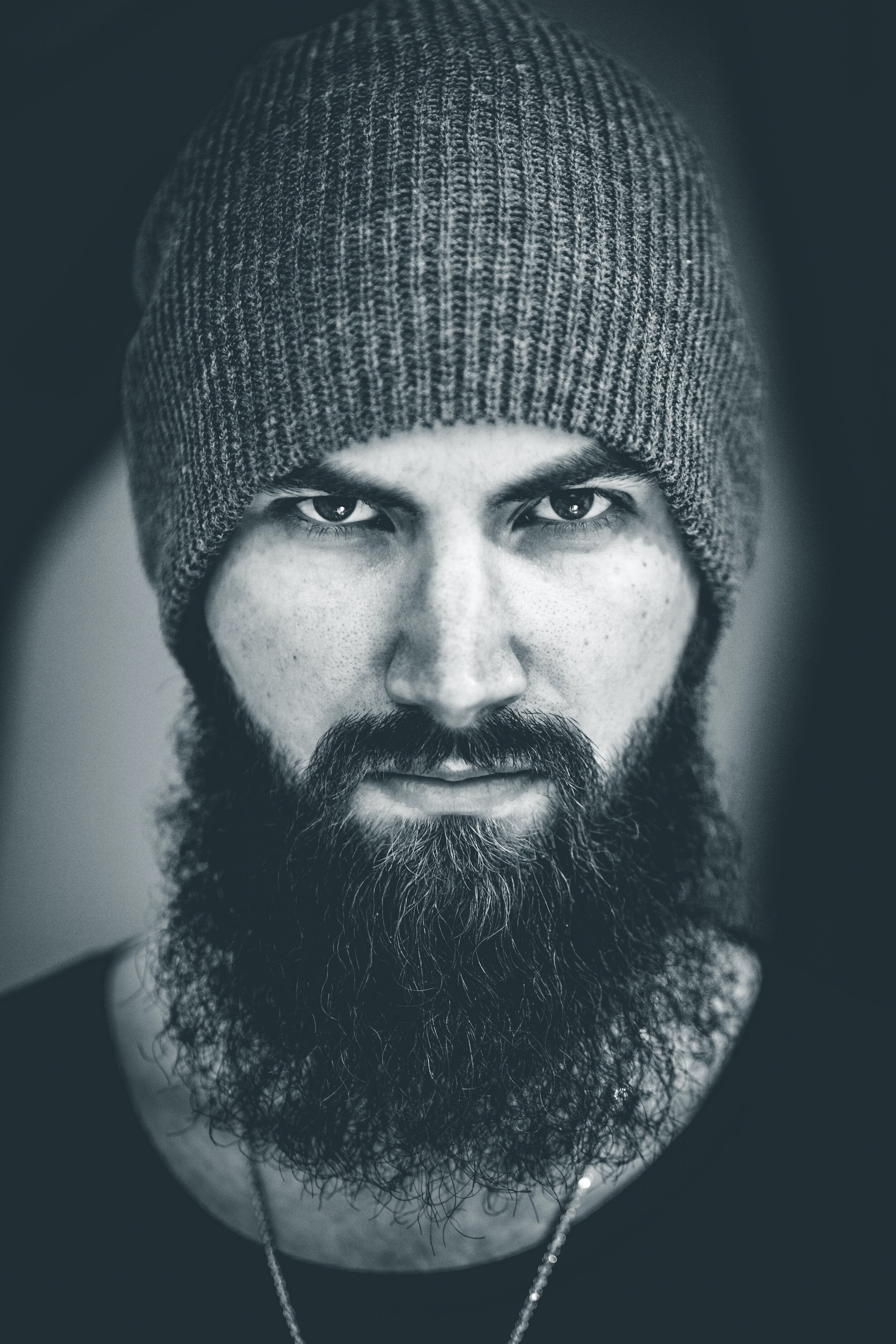The Limitation is not goodwill, but good information.
-Jesse Deucher, Movement Expert
If you would like to check out Part I (Does Strength Training Matter for Swimmers), you can check it out here. If you’re back with me for another week, thank you.
This may be the most controversial piece I’ve ever been asked to write.
When Jeff asked me to write a blog putting the current state of strength training in swimming under the microscope, I was admittedly nervous. Jeff knows me and my work from my time coaching under him and various projects we have completed together. In essence, he trusts me and my opinions, but for you, the Techniq Group family, I am the new kid on the block.
So as we dive in, I will offer this disclaimer: I am not here to pick apart the practices of those who have come before me. I choose to approach the systems of other coaches as coming from a place of good intention. Any coach, be them a strength coach or a swim coach, truly wants the most optimal outcome for their athletes. The limitation here is not goodwill, but good information and that lack of good information is what has gotten the swimming community into its current predicament. Lack of knowledge is a two-way street when it comes to training swimmers and it occurs for both strength coaches and for swim coaches. For the purpose of this article, I will refer to swim coaches with a more holistic term, skill coaches, as you can apply the below logic to any trainable movement based sport.
Deep breath, here we go…
Photo by Erik Mclean on Unsplash
Problem 1: Low barrier to entry in the strength training field and lack of experience training athletes.
Not to rip on the field of strength and conditioning, of which I am a part, but when you conger an image of a strength coach you likely imagine a large ex-football player with a whistle, possibly bald with a tremendous beard, barking at a room full of athletes. While this is a stereotype, it is not far from what the average crowd at training summits looks like. Becoming a strength coach has a very low bar to entry and has a dangerously low level of regulation. Herein lies the problem: passionate lifters are training athletes with the principles of power lifting or Olympic lifting and unless the aforementioned is your sport of choice it simply isn’t the right way to go about training an athlete. Especially, if you’re getting an athlete who has been a swimmer her whole life and never played land sports or strength trained.
To summarize, problem one is that strength coaches who have very little background in the proper training of athletes, let alone swimmers who are often unjustifiably labeled as being uncoordinated in the weight room.
Problem 2: skill coaches (in our case swim coaches) who are forced to be strength coaches due to lack of staffing or financial resources.
How many age-group and high school programs have their skill coaches attempting to craft their own dryland programs? I don’t have a figure for you, but I would imagine it is well over half and that’s my conservative estimate. These coaches may be highly knowledgeable in the bio-mechanics of swim strokes or the use of varying techniques to make adaptations in the development of specific energy systems, but very few have any formal experience in strength training.
I have seen dryland that consists of miles of running or repeats of stair climbing, timed circuit on Cybex Machines (think what you’d find inside most YMCAs), routines claiming to only use swim specific exercises, and dumbbell complexes that only real goal is to make athletes sweaty and sore. None of these choices are going to create an environment where athletes are exposed to movement variability or address person-specific positional needs to avoid injury and improve in-water performance.
In Conclusion…
…we are left with warring factions between two schools of thought: on one end you have a strength coach who wants all athletes to bench press, deadlift, and clean and jerk and are frustrated by what is perceived as a lack of on-land coordination in swimmers. On the other, you have the swim coach who is hoping if he or she just targets those “swimming muscles” or creates enough fatigue they’ll build back their swimmers a little stronger.
What we need is education followed by collaboration. Whether you’re a strength coach, a skill coach, or an athlete seeking to find sound training advice it is important to seek out resources that don’t just have the seal of approval given by celebrity status. Just because Michael Phelps’ trainer wrote a training plan in Men’s Health does not mean it is an appropriate training tool for your athletes. Once educators, mentors, and expert sources have been identified, athletes, skill coaches, and strength coaches can begin to work together to lay the foundation for safe and smart training.
Next week we’ll cover great sources for coaches and athletes to bolster their training knowledge and the nuts and bolts of what should be included in your strength training program to ensure you are aligning your out of water training with your in-water goals.
Photo by Serena Repice Lentini on Unsplash
Jesse Deucher is a strength and movement expert.




